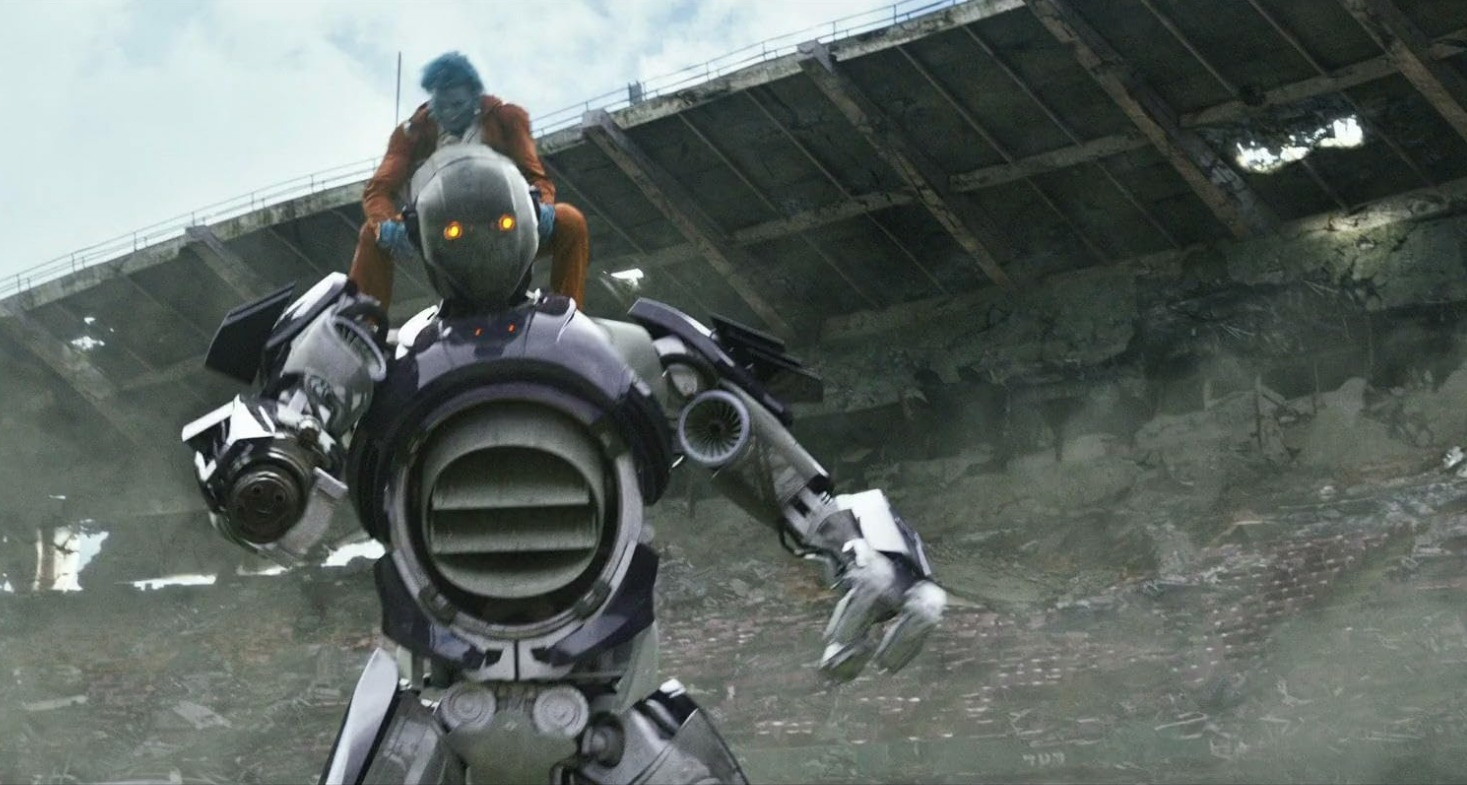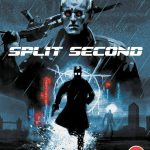X-Men: Days of Future Past (2014)
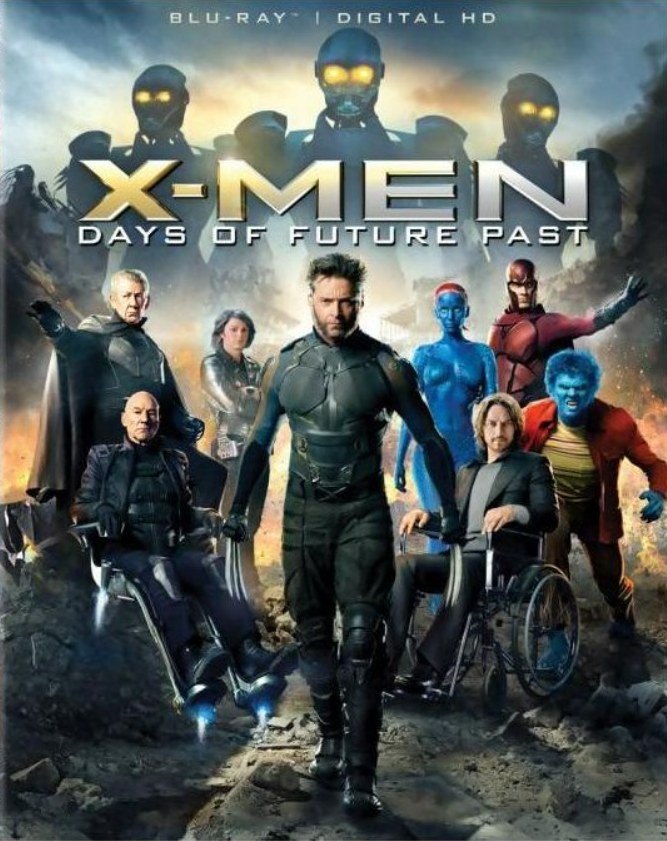
“X-Men: Days of Future Past,” directed by Bryan Singer, is a thrilling science fiction film that combines the casts of the original “X-Men” trilogy and the “X-Men: First Class” series. The movie is set in a dystopian future where mutant-hunting robots called Sentinels have driven mutants and their human allies to the brink of extinction. To prevent this dark future, the surviving X-Men send Wolverine’s consciousness back in time to his younger self in 1973.
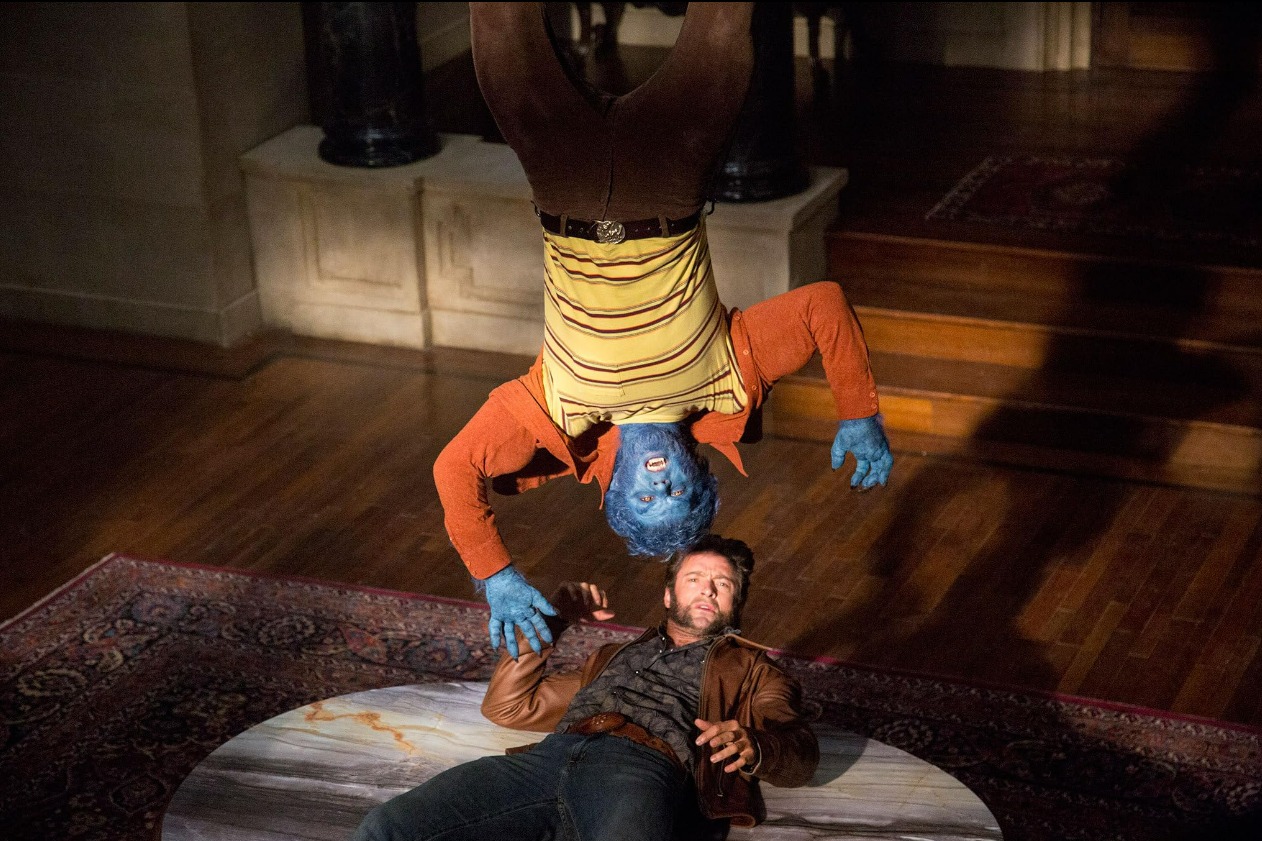
Wolverine’s mission is to unite the younger versions of Charles Xavier and Erik Lehnsherr (Magneto) to stop Mystique from assassinating Bolivar Trask, the creator of the Sentinels. Trask’s assassination is the pivotal event that leads to the development and deployment of the Sentinel program. However, Wolverine faces challenges in convincing the disillusioned young Xavier and the imprisoned Magneto to work together.
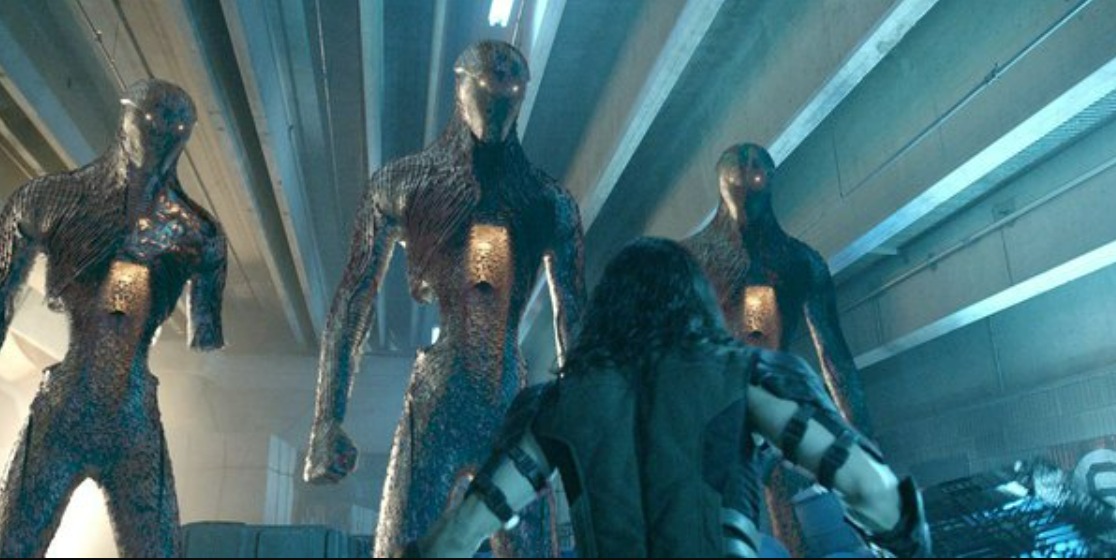
As Wolverine navigates the complexities of the past, he encounters various characters from the “First Class” era, including Beast, Quicksilver, and Mystique. The film explores themes of redemption, cooperation, and the impact of individual choices on the future. The younger Xavier, struggling with his own loss and doubt, must reclaim his role as a leader, while Magneto’s radical approach threatens their mission.
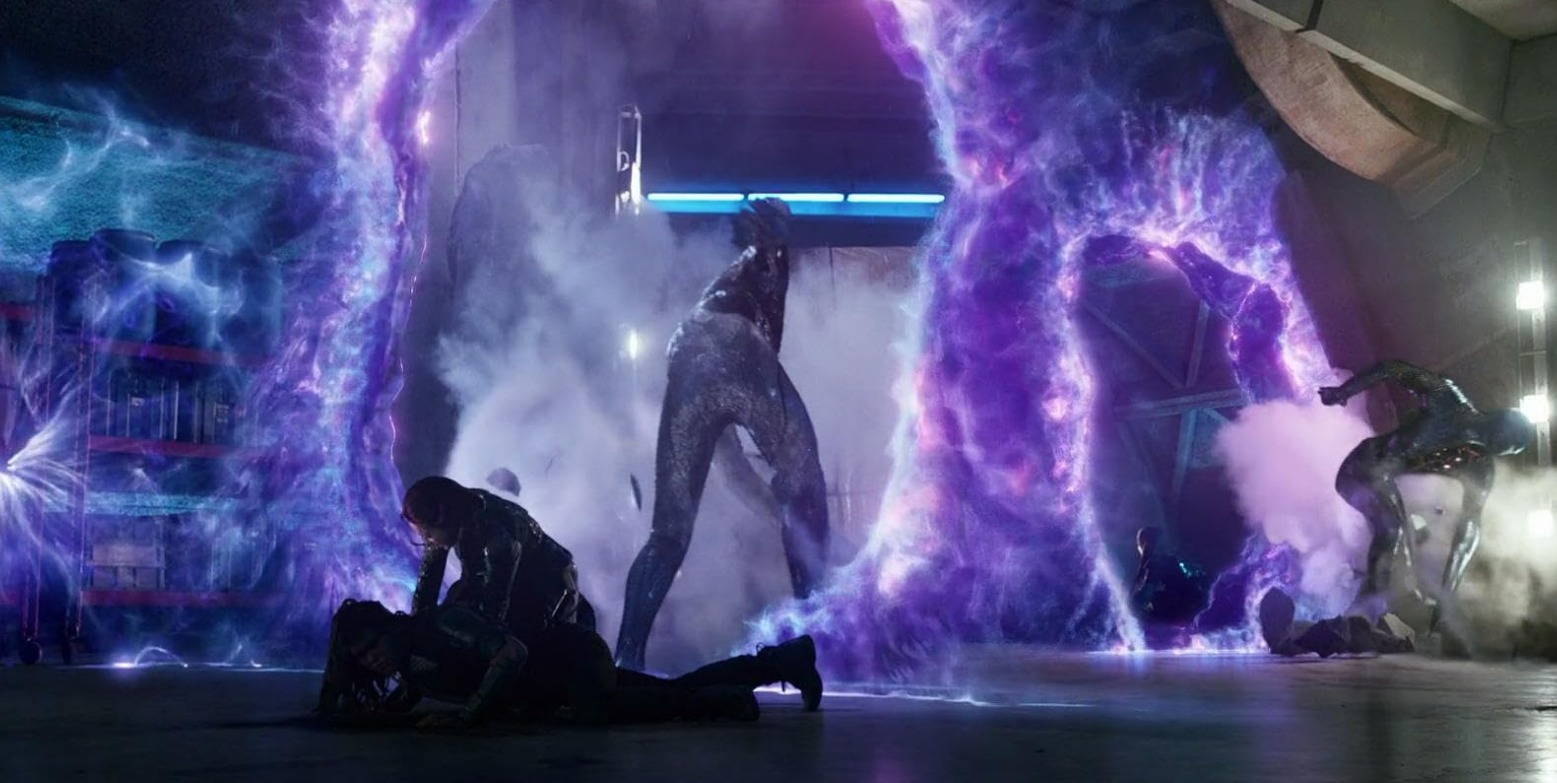
The climax occurs in Washington, D.C., where Mystique’s actions ultimately influence the future. The film culminates in a tense confrontation, where the younger X-Men must prevent a catastrophic event while future mutants battle the Sentinels. The resolution sees Mystique sparing Trask, altering the timeline, and erasing the dark future.
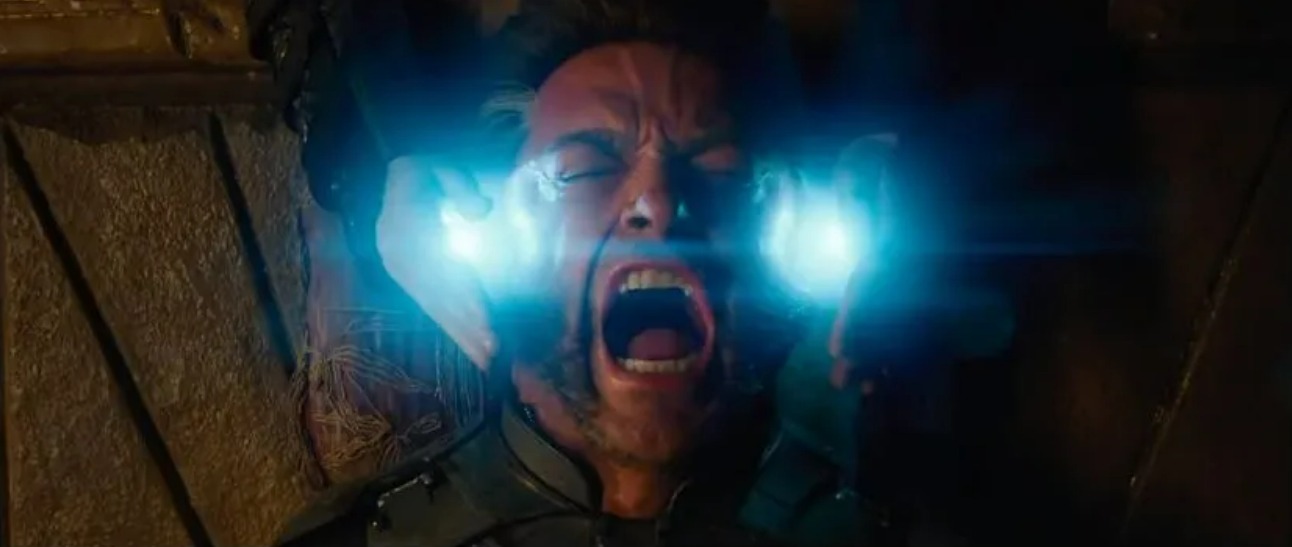
“X-Men: Days of Future Past” masterfully weaves together multiple timelines and characters, offering a poignant story of hope and change. The film’s intricate plot, combined with its powerful performances and visual effects, makes it a standout entry in the X-Men franchise, emphasizing the enduring themes of unity and the potential for a better future.
